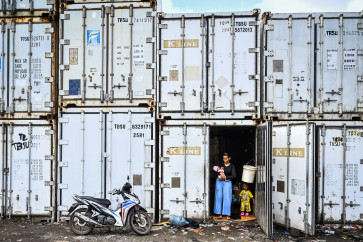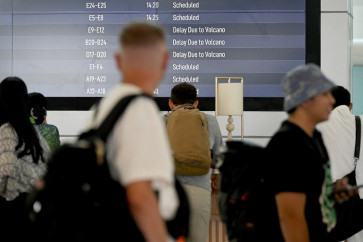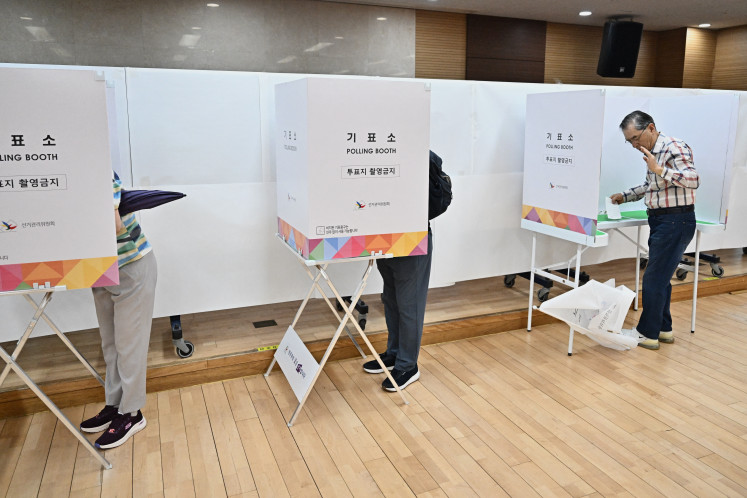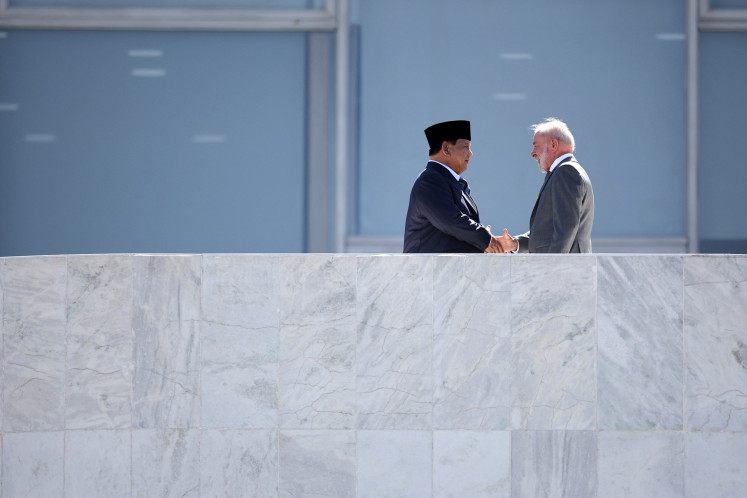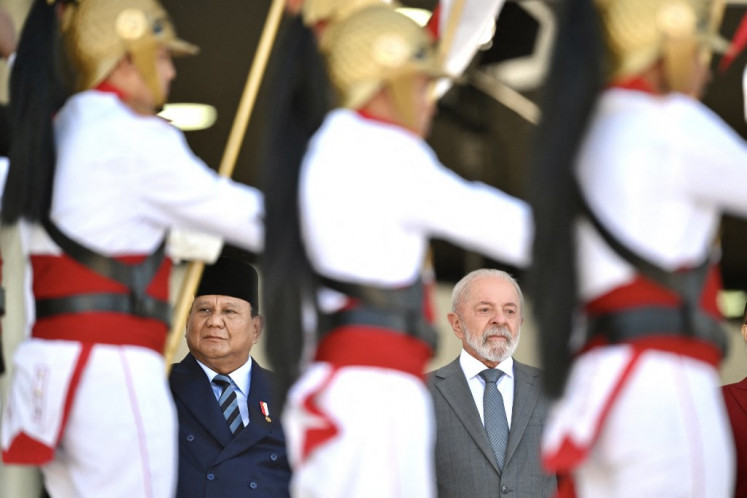Popular Reads
Top Results
Can't find what you're looking for?
View all search resultsPopular Reads
Top Results
Can't find what you're looking for?
View all search resultsSmoking kills and funds
With Indonesia’s smoking culture and large exposure to cigarettes, price increases might do little to reduce cigarette consumption and smoking prevalence in the short term.
Change text size
Gift Premium Articles
to Anyone
T
he government’s plan to raise tobacco excise to a decade high in 2020 is expected to make cigarettes more expensive and discourage smokers in Indonesia, which has one of the world’s highest smoking prevalence. An average 23 percent excise hike will increase retail cigarette prices by 35 percent, according to the Finance Ministry, after keeping the tobacco excise steady in the 2019 election year.
Cigarettes are an extremely popular product in Indonesia, where 62.9 percent of male adults and 23 percent of male teenagers aged 13 to 15 years old smoke. The 2018 Basic Health Survey (Riskesdas) and the Global School-based Student Health Survey in 2015 show that 33.8 percent of adults and 12.7 percent of children smoke — and child smokers are increasing.
With Indonesia’s smoking culture and large exposure to cigarettes, price increases might do little to reduce cigarette consumption and smoking prevalence in the short term. After all, Indonesia’s cigarette prices remain among the lowest in the world, averaging roughly at Rp 17,000 (US$1.2) for a pack of a dozen or more cigarettes. It is affordable even for the poor. In the long run, government consistency in increasing tobacco excise and much higher retail prices from today’s level might be able to turn around the consumption habit.
The economic cost of smoking is very high. Smoking-related health spending in Indonesia stands at around $1.2 billion per year — 8 percent of total public health spending, says research by World Health Organization economist Mark Goodchild. The five main causes of death in Indonesia are all related to tobacco, from tuberculosis and diabetes to diseases of ischemic heart, cerebrovascular and chronic respiratory, according to the Institute for Health Metrics and Evaluation.
Indonesia is among the few countries that have yet to ratify WHO’s Framework Convention on Tobacco Control (FCTC), although ministries have rolled out policies similar to tobacco control to curb smoking, including a progressive excise, pictorial warning on cigarette packs and advertisement restrictions for cigarette companies. The reason not to ratify, President Joko “Jokowi” Widodo says, is “national interest”, as the livelihoods of millions depend on tobacco, from farmers and factory workers to distributors and salespeople on the supply chain, along with their families.
The state is no less a beneficiary of the tobacco industry. The Finance Ministry expects to net Rp 171.9 trillion from tobacco excise next year, nearly 8 percent of overall expected state revenue in 2020. Besides being one of the country’s largest taxpayers, cigarette producers also fund many development programs.
Considering both the health and economic aspects of tobacco in Indonesia, an excise increase is appreciated, as it has factored in the impact on machine and handmade cigarettes, as well as efforts to counter illegal cigarettes, which could well be the adverse effects of higher retail prices. What’s important is to channel the increased tobacco excise into productive spending, such as health and education, which could improve the livelihoods and productivity of Indonesians. And of greatest interest is consistency on Indonesia’s tobacco road map that balances out health and economic aspects.



